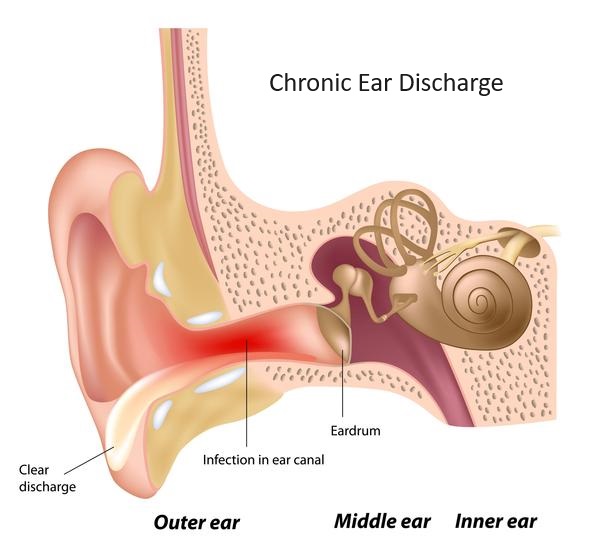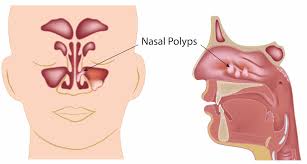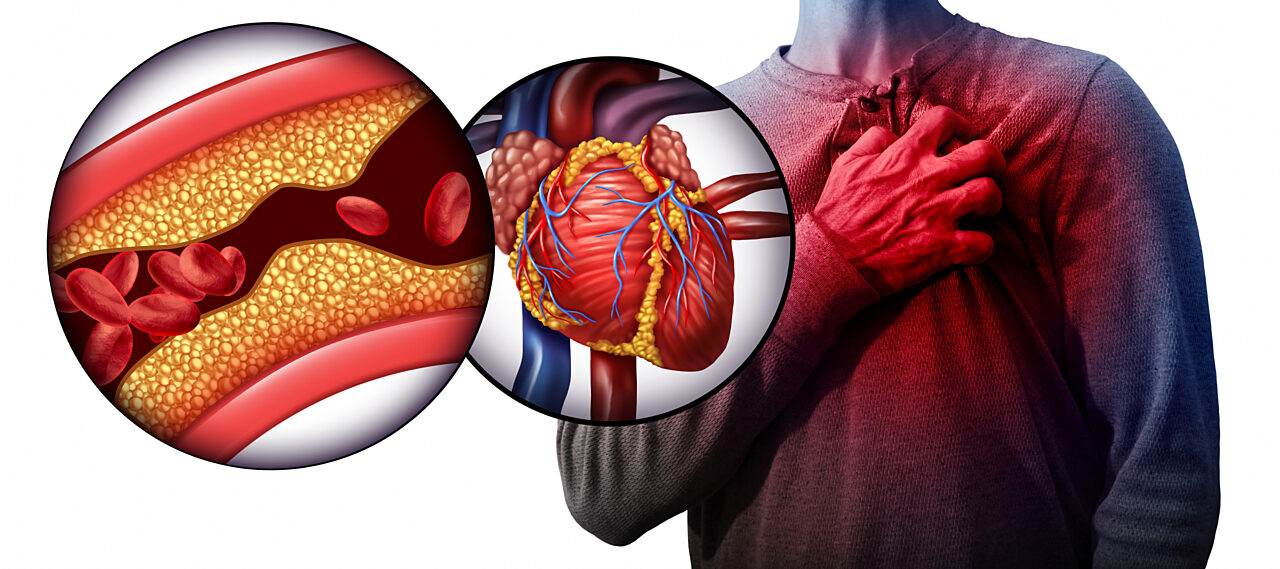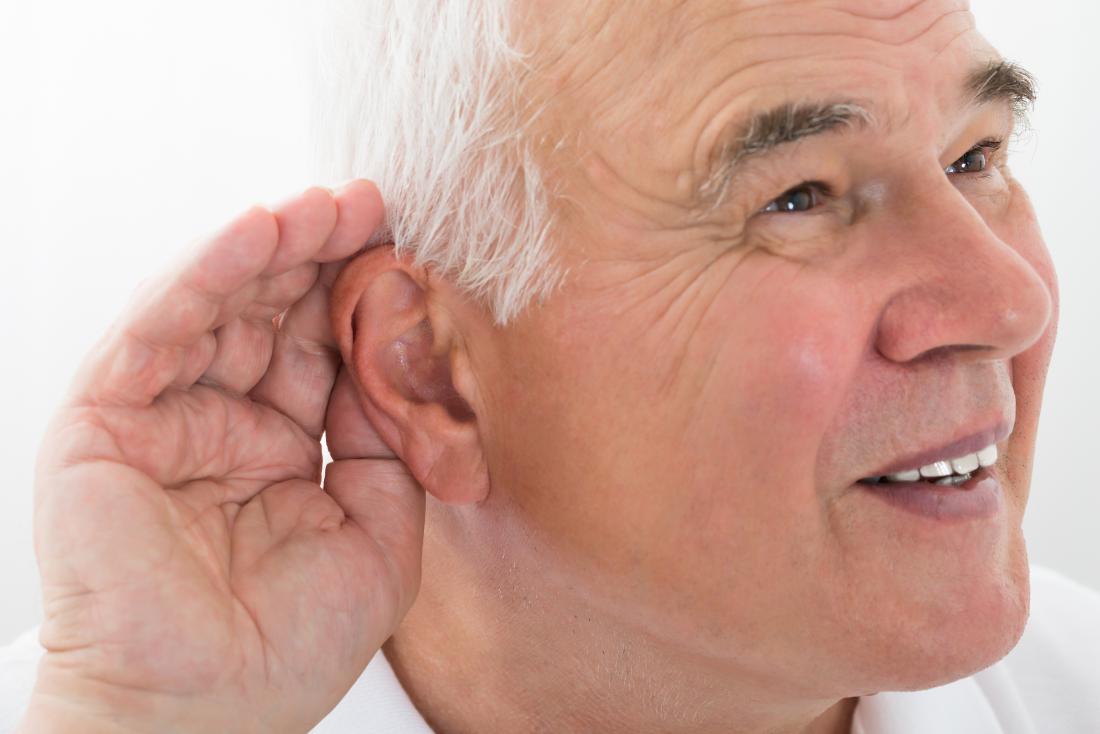Chronic Ear Discharge and How to Control in Homeopathy
Chronic otorrhea, another name for chronic ear discharge, is a disorder in which fluid often or persistently drains from the ear, frequently as a result of an infection or other underlying conditions. A variety of symptoms may accompany it, and it may be brought on by multiple causes. Here is a thorough explanation of the condition's causes, signs, adverse effects, and ways that homeopathy can help:
Causes of Chronic Ear Discharge:
1. Chronic Otitis Media: This is a persistent infection of the middle ear that frequently results in a perforated eardrum and causes fluid to flow continuously or intermittently. Acute ear infections that are not treated or are not adequately managed may cause it.
2. Eustachian Tube Dysfunction: Fluid accumulation and discharge may result from an obstructed or irritated Eustachian tube, which connects the middle ear to the throat.
3. Choleatoma: A benign development of skin cells in the middle ear that may result in infection, hearing loss, or ear discharge.
4. Ear Injuries: Trauma to the ear (e.g., from inserting objects) may result in chronic drainage.
5. Allergy Reactions: Ear allergies may result in discharge due to irritation and fluid accumulation.
6. Otitis externa, often known as swimmer's ear, is an infection of the outer ear canal brought on by exposure to water. It usually doesn't become chronic until left untreated.
7. Fungal or Bacterial Infections: People with weakened immune systems or those who are regularly exposed to dampness may experience persistent discharge as a result of recurring ear infections.
8. Earwax Buildup: If an accumulation of impacted earwax becomes infected or inflamed over time, discharge may result.
Chronic Ear Discharge Symptoms:
• Clear, yellow, green, or crimson fluid discharge from the ear that occurs frequently or persistently.
• An earache or other pain.
• Hearing loss or diminished hearing.
• Tinnitus, or ear ringing.
• The ear canal itches.
• A sensation of ear pressure or fullness.
• If there is an infection, the ear will smell bad.
• The infection may occasionally be accompanied by a fever.
Side Effects of Chronic Ear Discharge:
• Hearing Loss: Long-term fluid or infection can cause temporary or permanent hearing loss.
• Infection Spread: If ear infections are not treated, they may spread to the brain, bones, or inner ear, among other surrounding sites.
• Chronic Pain: A persistent earache has the potential to become incapacitating.
• Eardrum Damage: Repeated infections can result in eardrum perforation or scarring, which might create more issues.
How Homeopathy Can Help Control Chronic Ear Discharge:
The goal of homeopathy is to treat the patient holistically, taking into consideration their mental, emotional, and physical health. Here are a few popular homeopathic treatments for persistent ear discharge. For individualized care, speaking with a qualified homeopath is crucial.
1. Silicea
- For persistent ear infections and thick, yellow, and copious discharges.
- Frequently advised in cases of eardrum perforation or a history of recurrent ear issues.
2. Calcarea Carbonica:
- Beneficial in cases of thick, white mucus discharge from the ears.
- Frequently used in people who are prone to ear infections, particularly in people who have a sluggish metabolism and a propensity for being overweight.
3. Hepar sulphur:
- For yellow, pus-like discharge, frequently accompanied with discomfort and heightened tactile sensitivity.
- When there is significant ear irritation and pain, this treatment helps.
4. Kali Mur:
- Aids in cases of thick, white, or grayish ear discharge, as well as potential middle ear congestion.
- Frequently used for persistent infections and fluid accumulation.
5. Mercurius Solubilis:
- Suggested when there is an unpleasant-smelling discharge and the patient has ear ache and swelling.
- It is also used to treat infections that result in fever and a generalized sensation of illness.

Additionally useful in cases where ear issues are linked to discomfort from other sources like teething in youngsters.
Home Treatments for Chronic Ear Discharge:
Even if homeopathic treatments have their uses, it's crucial to use certain basic hygiene techniques to treat persistent ear discharge:
1. Maintain Dry Ears: Avoid getting water in your ears since this might make them worse, especially if you have swimmer's ear or otitis externa.
2. Warm Compress: You can lessen discomfort and inflammation in the afflicted ear by using a warm compress.
3. Avoid Inserting things: Avoid cleaning the ear with cotton swabs or other things as this may exacerbate the problem or potentially cause harm.
4. Preserve Good Hygiene: Do not put anything in the ear canal; instead, gently wipe the outside of the ear with a moist cloth to get rid of any debris.
When to Get Medical Help:
• If homeopathic therapy is ineffective for a chronic discharge.
• If the discharge smells bad or is bloody, it may be an infection.
• If there is a history of recurrent ear infections or eardrum perforations;
• If there is hearing loss, fever, or severe discomfort.
Conclusion:
A number of possible reasons, including infections, allergic responses, or ear trauma, can contribute to chronic ear discharge, a persistent and painful disease. If not properly treated, it might result in side effects like discomfort, infection, and hearing loss. With treatments suited to each patient's symptoms and general health, homeopathy provides a natural and comprehensive method of treating persistent ear discharge. Among the common medicines are Hepar sulphur, Calcarea carbonica, and Silicea.
Along with homeopathic therapy, the illness can be controlled by controlling allergies, minimizing water exposure, and practicing proper ear cleanliness. To guarantee an accurate diagnosis and course of treatment, it is crucial to speak with a healthcare professional in situations that are severe or chronic. When used properly, homeopathy may be a useful supplement to other therapies, reducing symptoms and enhancing quality of life.
Regards: Dr Naveed Shahzad











